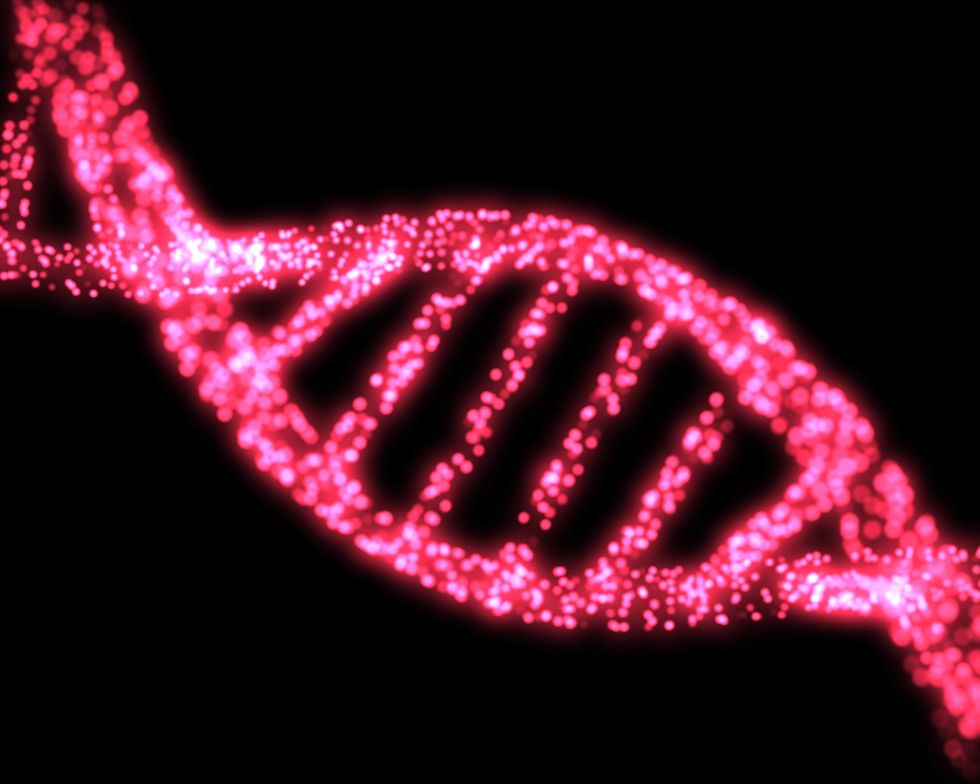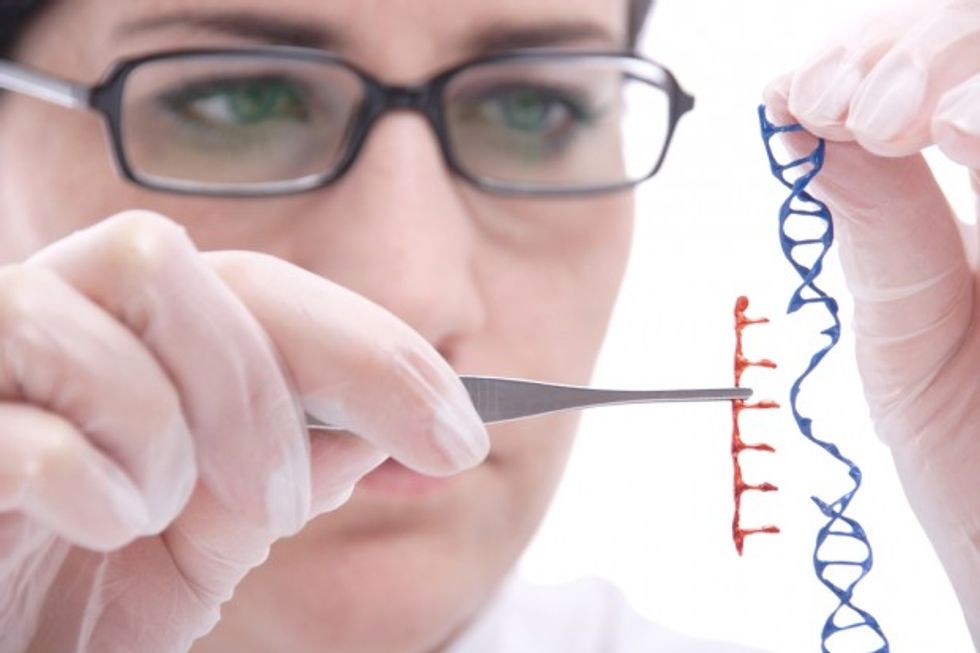
Photo credit: Shutterstock

WASHINGTON (TheBlaze/AP) -- Rewriting your DNA is getting closer to reality: A revolutionary technology is opening new frontiers for genetic engineering but not before the experts discuss its ethical implications in earnest.

Hundreds of scientists and ethicists from around the world are gathering in Washington this week to debate the boundaries of human gene editing, amid worry that the fast-moving research may outpace safety and ethics scrutiny. The main worry being that over its potential for creating designer babies, while some of the benefits include cures for intractable diseases.
It's a question that gained urgency after Chinese researchers made the first attempt at editing genes in human embryos, a laboratory experiment that didn't work well but did raise the prospect of one day altering human heredity — passing modified DNA to future generations.
"This is a technology that could have profound implications for permanent alteration of the human genome," molecular biologist Jennifer Doudna of the University of California, Berkeley, wrote in the journal Nature on the eve of the international summit.
Doudna co-invented the most-used gene-editing tool, and her calls for scientists, policymakers and the public to determine the right balance in how it's eventually used led to this week's gathering.
Emmanuelle Charpentier, director of the Max Planck Institute for Infection Biology and co-founder of the CRISPR-Cas9 tool, told New Scientist in a Q&A that while "there’s a good side to it and there is an ethical responsibility with regard to how to use it."
Here's more of Charpentier's thoughts on this front from New Scientist:
There is perhaps a misunderstanding by the public about what the technology does and how it works. It allows more precise genetic changes than all the breeding technologies that have been used before – so the organisms are genetically much cleaner.I think all those around the table discussing the ethics – which includes scientists, clinicians, ethicists and the public – should first understand the technology and understand that it is a good technology, that it really allows us to accelerate the understanding of functions of genes. That will be important for the development of biotechnology and biomedicines.
Genetics is very important, the risk is the misuse of a technology, like for every technology, but I think that right now biologists want to use the technology for good reasons. Then after that, manipulation of the human germline needs to be discussed.
There are a few methods to edit genes, but CRISPR-Cas9 is so fast, cheap and simple for biologists to use that research is booming.
Scientists are engineering animals with humanlike disorders to unravel the gene defects that fuel them. They're building stronger immune cells, and developing potential treatments for muscular dystrophy, sickle cell disease and cancer. They're trying to grow transplantable human organs inside pigs. They're even hatching mutant mosquitoes designed to be incapable of spreading malaria, and exploring ways to wipe out invasive species.
As for that preliminary embryo research, it's nowhere near ready for real-world use, but there's controversy over whether and how to continue such experiments to see if it eventually will work.
On one side are scientists who say the ultimate goal is to prevent mom and dad from passing devastating diseases to their children.
"This technology is poised to transform preventive medicine," Harvard geneticist George Church wrote in Nature.
He added a warning: If mainstream scientists can't explore heritable gene editing, that "could put a damper on the best medical research and instead drive the practice underground to black markets and uncontrolled medical tourism."
Doudna adds that a complete ban on such research could block important discoveries. British researchers, for example, plan to alter embryos to study early human development, work that could shed light on miscarriages.
On the other side are critics who say that so-called germline editing — altering sperm, eggs or embryos to affect future generations — has been widely regarded as a line science shouldn't cross. They argue that standard in vitro fertilization techniques to test the genetics of embryos before they're implanted, or before adoption, are alternatives. And they raise the specter of parents who can afford designer babies with specific traits.
"The medical arguments are tenuous and the possible social consequences are grave," said Marcy Darnovsky of the Center for Genetics and Society advocacy group.
Pete Shanks, a consulting researcher with this same group, told Reuters "once the process begins, there will be no going back. This is a line we must not cross," he said.
In the U.S., the National Institutes of Health has said it won't fund human germline editing research, although private funding is still possible. Laws and guidelines in other countries vary widely.
—
Front page image via Shutterstock.